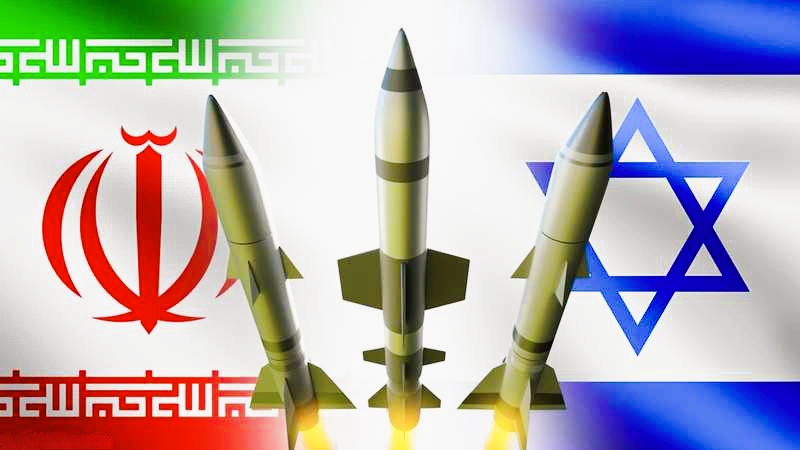Amid escalating regional tensions, Chief of Staff of the Iranian Armed Forces General Abdulrahim Musavi stated that Tehran doubts Israel's seriousness in adhering to the ceasefire, affirming his country's readiness to respond forcefully to any potential aggression.
The statement came during a phone call between Musavi and Saudi Defense Minister Prince Khalid bin Salman, as reported by the Iranian news agency "Tasnim".
Musavi pointed out that "Tehran has full doubts about the enemy's commitment, including the ceasefire, and we are fully prepared to respond if aggression is repeated".
The call also discussed bilateral defense relations, in addition to regional developments and efforts to maintain security and stability, as announced by Prince Khalid bin Salman on the "X" platform.
These statements come after a ceasefire ended a 12-day aerial conflict between Iran and Israel, which witnessed unprecedented escalation between the two sides and direct military intervention from the United States.
Amid the confrontation, Washington launched airstrikes targeting three Iranian nuclear facilities in Fordow, Natanz, and Isfahan, resulting in "significant" damage according to Iranian Foreign Minister Abbas Araghchi, who acknowledged that the war caused severe damage to the country's nuclear infrastructure.
US President Donald Trump later announced a sudden ceasefire, stating that Iran's nuclear program had "regressed decades".
Nuclear experts confirmed that the strikes destroyed essential mining facilities, depriving Tehran of its ability to develop nuclear bomb cores in the near future, with estimates suggesting that rebuilding the facilities could take years.
Tehran retaliated by targeting US bases in Iraq and Qatar without causing casualties, in a calculated escalation aimed at symbolic retaliation without sliding into a full-scale war.

